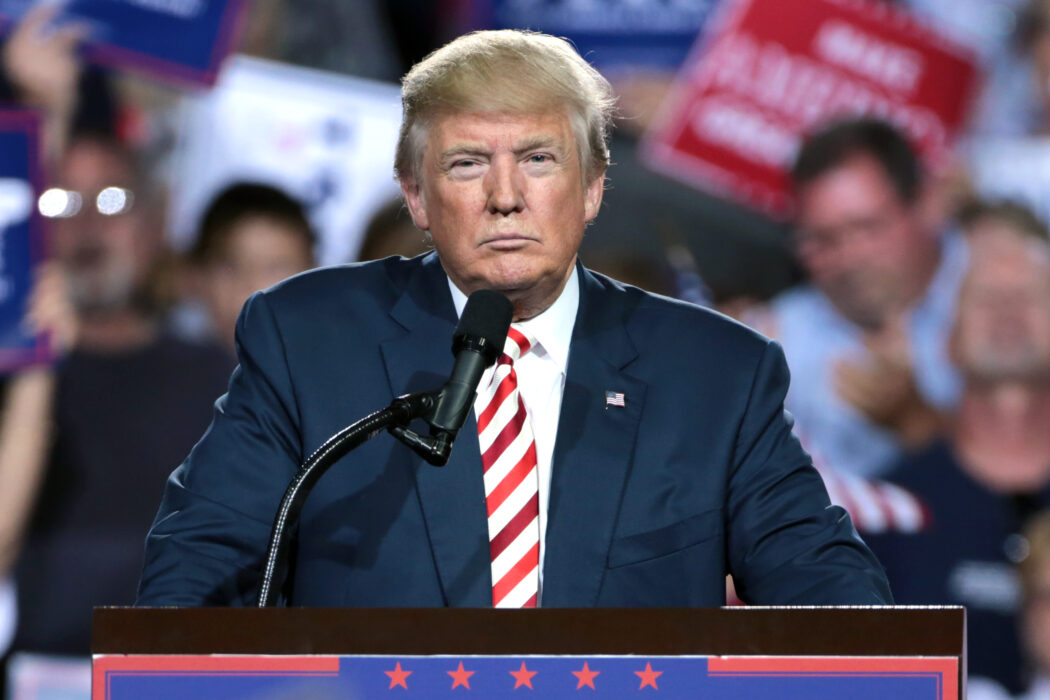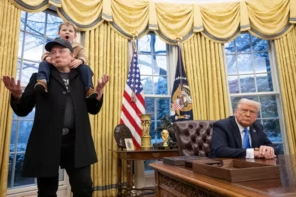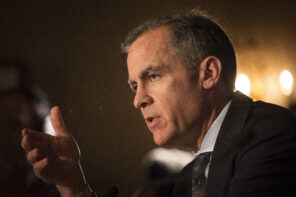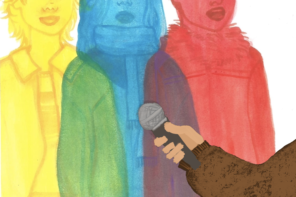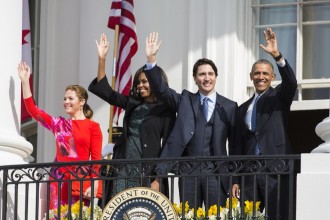As an avid Wordle player, I naturally have a subscription to the New York Times. As a fun bonus to my high-stakes word games, I receive daily emails about breaking news updates. With Trump’s impending announcement of his 2024 campaign looming, I gravitate towards the politically oriented notifications and am unsettlingly unsurprised each time I read about the former US president’s latest scandal or crime.
Recent email headlines include:
September 27: ‘Let’s get right to the violence’: New documentary film footage shows Roger Stone pre-Election Day
October 13: Supreme Court Rejects Trump Request to Intervene in Documents Case
October 17: Trump Hotels Charged Secret Service Exorbitant Rates
October 21: Jan. 6 Panel Issues Subpoena to Trump
October 21: Steve Bannon Sentenced to 4 Months in Prison
Anyone who has actively followed Trump throughout his previous campaign or presidency has likely also been desensitized to the constant stream of indictments, prison sentences, and dangerous rhetoric of high-level political officials. The prolific nature of his criminal behavior no longer strikes me as shocking, but rather, expected. Being in ninth grade when Trump first entered office, his presidency was essentially the initiation of my political awareness. Trump-era politics is the only version of American politics that I, and most of my peers, are cognizant of. But this current political climate should not by any means be taken as the standard.
Trump is not the first president tied to criminal activity or questionable legal behavior. Multiple former presidents have violated the law or faced impeachment trials, and each of them have been privileged to avoid the full, fair punishment for their crimes. Nixon, for one, was pardoned after resigning from office because of his impeachment and, though he was impeached, Clinton was never formally charged for his lies regarding his relations with Lewinsky. It isn’t that American political institutions do not acknowledge the wrongdoings of former presidents, but rather, there seems to be an overt hesitation to label presidents as criminals. In labeling them what they are, the fallacy of American justice, civil politics, and overall fairness is exposed. Full prosecution of their crimes would take them off the pedestal they have been placed on and would allow them to be seen as capable of doing something wrong. Trump distinguishes himself from previous presidents in his repeated and blatant disregard for American democracy and the legal system. In the end, Trump has exposed a side of the country that is terrifying to acknowledge: the fragility of American democracy.
…there seems to be an overt hesitation to label presidents as criminals.
On September 27, a video of Roger Stone, a former Trump campaign advisor recently sentenced to 40 months in federal prison, was leaked. In the clip, he speaks about his readiness to reject the 2020 election results if they do not go in Trump’s favor. Stone is frighteningly unapologetic and confident when he claims ballots casted for the opponent would be fake and that 2020 would not be an ‘honest’ or ‘fair’ election. The leaked Roger Stone clip elucidates the team’s willingness to use force to reject a loss in the general election. It is undeniably evident that they have no interest in respecting the votes of American citizens and are more concerned with maintaining their own political power.
By repeatedly affirming that the system is not to be trusted, they save themselves from having to concede they lost a fair election. Instead, they have twisted the narrative so that each indictment or accusation is an attack on their growing influence rather than simply the repercussions of their expansive criminal history. They have exempted themselves from ever having to admit wrongdoing because their supporters have been convinced that Trump and MAGA conservatives are the victims of a liberal witch hunt, rather than the perpetrators of multiple crimes and abuses of power. They want their supporters to believe that Trump is an innocent man being victimized by a broken, rigged system. In this context, each new crime committed boosts his support and feeds into the narrative they have constructed.
…they have twisted the narrative so that each indictment or accusation is an attack on their growing influence…
Although this level of overt corruption is not present in Canadian politics, Canada is not exempt from Trump’s influence. During my first week in Montreal in 2020, I witnessed a Trump parade down Sherbrooke Street. Earlier this year, Ottawa was paralyzed by a trucker convoy protesting COVID restrictions, with many protestors exploiting the main reason of the protest and using it as an opportunity to promote their COVID conspiracies which bore many similarities to Trump’s perspective on the pandemic. While Canadian politics is often seen as much more centered and civil, Trump’s influence often transcends state borders and leaves impacts felt by the global community.
It is easy to feel hopeless in the face of such an overwhelming lack of respect for democracy. We must keep educating ourselves, educating others, voting, and participating in any way possible.

